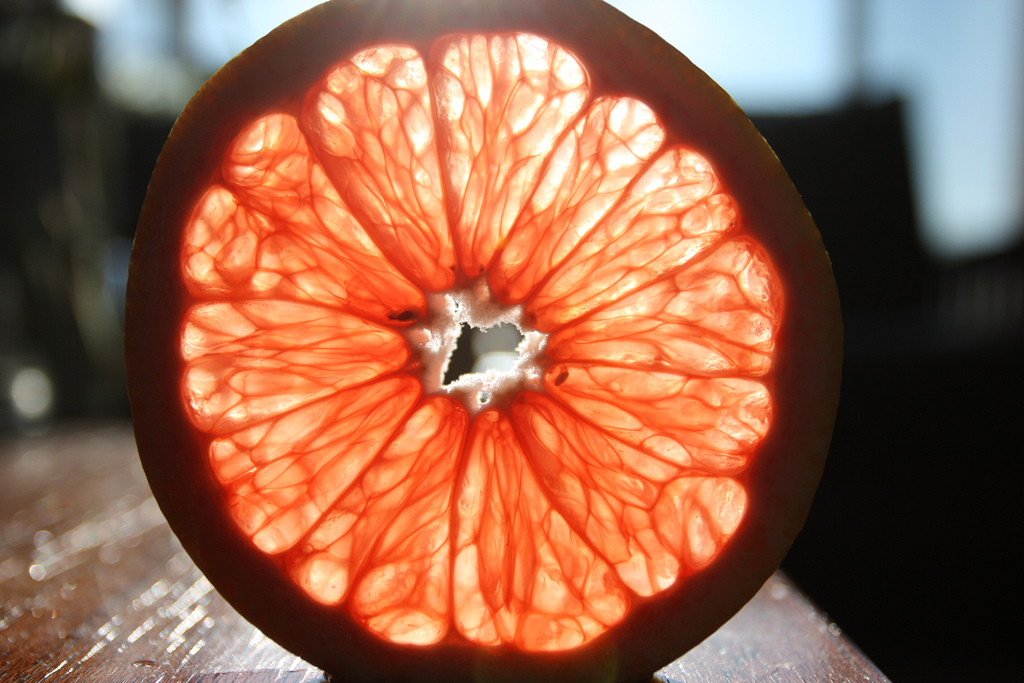It’s no secret that high cholesterol levels are dangerous and can eventually cause heart failure. In order to understand how to control cholesterol levels for a healthier life, one must first understand what cholesterol is, how it is measured, and ways to control it through proper diet plans.
Cholesterol is a waxy, fat-like substance found in every cell of the body. When people discuss cholesterol, the association is often negative due to the historical problem with high blood cholesterol and heart failure. But in reality, the body needs cholesterol to make hormones, vitamin D, and other crucial substances that help a person digest foods.
This process is natural, in which the body makes enough cholesterol to support the necessary functions of the body. When people run into problems with high blood cholesterol, they are usually to blame due to poor food consumption and eating habits, as cholesterol is found in many foods.
The Good, The Bad, and The Ugly
There are two kinds of lipoproteins that carry cholesterol throughout the body. One is called low-density lipoproteins or ‘LDL’ and the other are high density lipoproteins or ‘HDL’. Maintaining proper levels of both are crucial for healthy cholesterol levels and longevity.
Simply put, LDL cholesterol is called bad cholesterol because high consistencies of LDL cause buildup in the arteries, eventually leading to clogging, circulation issues, and heart attacks.
Keeping LDL low is essential to proper health and fitness, but on the contrary, HDL is known as good cholesterol because it is disposable by the liver.
Finally, we have the ugly Triglycerides, which are unhealthy blood fats carried throughout the body. Keeping low Triglyceride levels is essential to success in weight maintenance and cardiovascular health. By exercising, eating properly, and avoiding alcohol, a person will not only lose weight but also maintain a healthy Triglyceride level.
Know the Facts About Your Cholesterol
1. Total cholesterol, including LDL, HDL, and Triglycerides, should not exceed 240 mg/dL. Any number higher than this is considered high cholesterol and you should re-evaluate your diet.
2. Total cholesterol less than 200 mg/dL is considered a ‘good level’, which includes optimal LDL levels less than 100 mg/dL and optimal HDL levels above 60 mg/dL for both sexes.
3. Make sure to keep Triglycerides less than 100 mg/dL – if this level is higher it will most likely show through weight gain.
How to Improve Your Overall Cholesterol
The following are ways to decrease your total cholesterol. If you accept the following decreases, you will see cholesterol levels return to normal:
1. Decrease portion sizes of red meat to 3-4 ounces per serving – you should only intake approximately 6 ounces of red meat a week for optimal levels.
2. On the contrary, increasing fish intake will help your cause in lowering cholesterol. Prepare meals three times per week with a fish as your protein, such as tilapia, salmon, trout, and tuna, and you will see a great improvement in your cholesterol.
3. At all costs, avoid any type of fried food or saturated fat intake, including butter and margarine spreads when possible.
4. Eat more peas and beans, including black-eyed peas and pinto beans, as your main source of ‘soft protein’. In addition, make sure to eat more whole grain foods, such as wheat bread, pasta, and cereals.
5. The beast of them all seems to be counter-intuitive. Eggs are considered good for you, but yet, they make this list as a food to decrease intake to 2 or 3 per week. The egg whites are the nutritious part of the egg and the yoke is considered one of the worst cholesterol-infused foods on the planet. Make sure that you are limiting the amount of egg yolks you are putting into your daily breakfast.
What About HDL and Triglycerides?
Increasing HDL, while decreasing Triglycerides may seem like a hard thing to do, given that they are often intertwined in foods we consume every day. If you want to increase HDL while also decreasing Triglycerides, make sure to completely eliminate soda, fruit juice, and desserts from your diet, as they contain sugar and fructose. In conjunction with those improvements, make sure to use olive oil when cooking and eat plenty of nuts to increase HDL.
Conclusion
As always, exercise will do wonders for the human body, especially when the body has high cholesterol. Make sure to exercise five to six times per week, whether it is for 15 minutes or an hour – it is important to stay active.
This article was written by Matthew Hall, a fitness nut that can always be found in the gym or enjoying the outdoors. Matthew puts his health expertise to use as a professional writer for DriverPhysicals.com.
